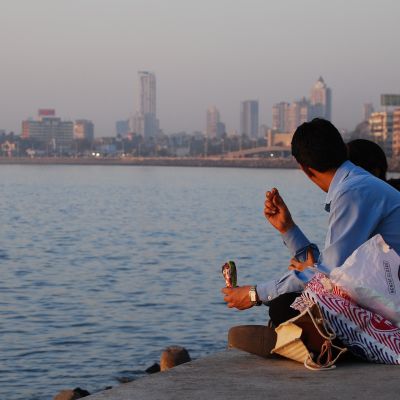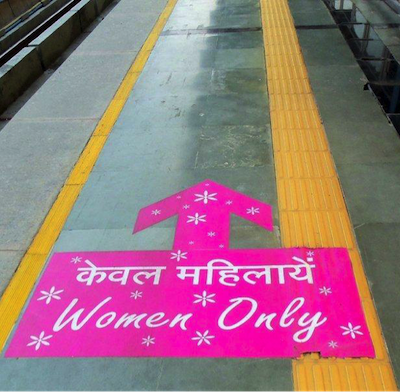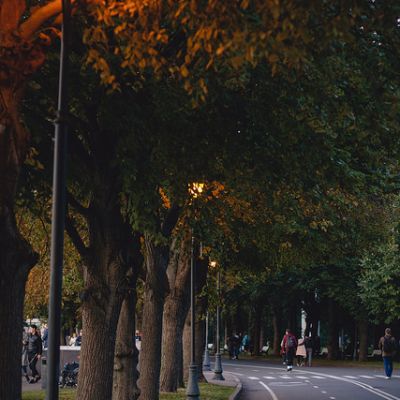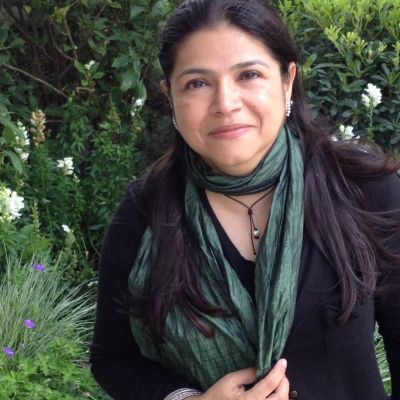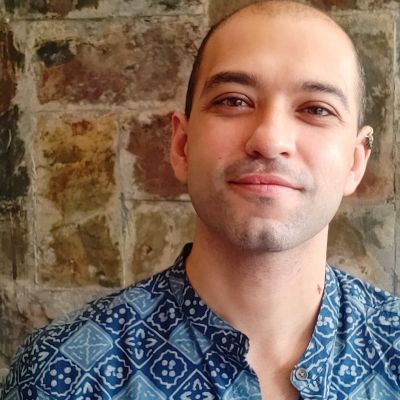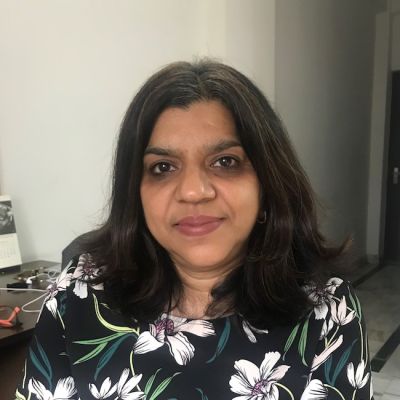Public space
शहरी स्थानों को पुनः प्राप्त करने के लिए, सार्वजनिक स्थानों पर प्यार और रोमांस की पुलिसिंग या निगरानी के कई पहलुओं को देखना महत्वपूर्ण है
‘आप मटरगश्ती (लॉयटर) क्यों करना चाहेंगे?’ नारीवादी शोधकर्ता, अभिभावक, शिक्षक और सक्रियतावादी डॉ॰ शिल्पा फडके से पूछने के लिए एक बढ़िया सवाल है।
Relatively speaking, women, particularly upper-middle-class women, have greater legitimacy in the new privatized spaces of consumption like shopping malls and coffee shops than in public spaces like parks or promenades. However, these are far from uncontested spaces
As renowned queer scholar Judith Butler said, “For those who are still looking to become possible, possibility is a necessity.” This is essential but also easier said than done.
The Internet is as public a space as any other – fraught with its own set of complexities – and the stigmas and moral judgments that plague our immediate physical environment often permeate into it, whether subconsciously or not.
This article explores how women are constructed as a ‘space’ manufactured by men to seek comfort, but void of having any active agency or participation in that space itself. I seek to bring this out in this article by drawing a parallel between the nineteenth century ‘Bharat Mata’ (Mother India) and the depiction of the twenty-first century ‘heroine’ in Bollywood movies.
While sex workers face repeated harassment by the police, many young couples face threats in a one-off incident if the police finds them with their partner/lover. They may face police surveillance of expressions of intimacy and affection in public.
While some of these questions seem old, they continue to be renewed in public debate on competing claims to public spaces. Ideas about public and private spaces also speak to the ways in which caste and class shape ideas about respectability, thus marking some places as ‘safe’ and others as ‘risky’.
I am still coming to terms with my own femininity, as with new learnings I find myself regaining many facets of my personality which were lost while trying to ‘act like a man’ and ‘act tough’.
Six years later (and out of such an abusive relationship), as I sit in a Gender Studies classroom discussing public and private spheres, being introduced to the feminist ideology of the personal being political, I reflect back and see my experiences as emerging from a complex discursive pattern. The peculiar way in which heterosexual romantic relationships are envisaged and the potentiality of them being disruptive of traditional arrangements of companionship requires them to be manifested outside of the four walls of home and family. Yet, one faces a situation of a pathetic lack of safe spaces within the public sphere and the traditional discourse of love being private and contained within the private sphere…
‘Why would you want to loiter?’ is an excellent question to ask feminist researcher, parent, educator and activist Dr. Shilpa…
But what has been amazing to witness is how quickly young women in particular, took to the ideas of Why Loiter? and pushed them even further, creating new movements to expand women’s rights to the public, including the right to be out late at night, to stretch the curfew at women’s hostels, to demand extended access to women’s toilets, to public transport etc.
As we grow older, moral codes, conventions of appropriateness and shame, and the utilitarian and income-focused education we get make us lose that stability. The idea of play to me is about bringing back that ability and comfort into the lives of people so that they can actually play.
Dr. Kalpana Viswanath, researcher, and urban safety and gender rights activist, shares her thoughts on issues of Public Safety and Sexuality with In Plainspeak. Co-founder and CEO of SafetiPin, a social enterprise that uses data and technology to build safer, more inclusive and smart cities, Kalpana has led large gender rights projects globally.

